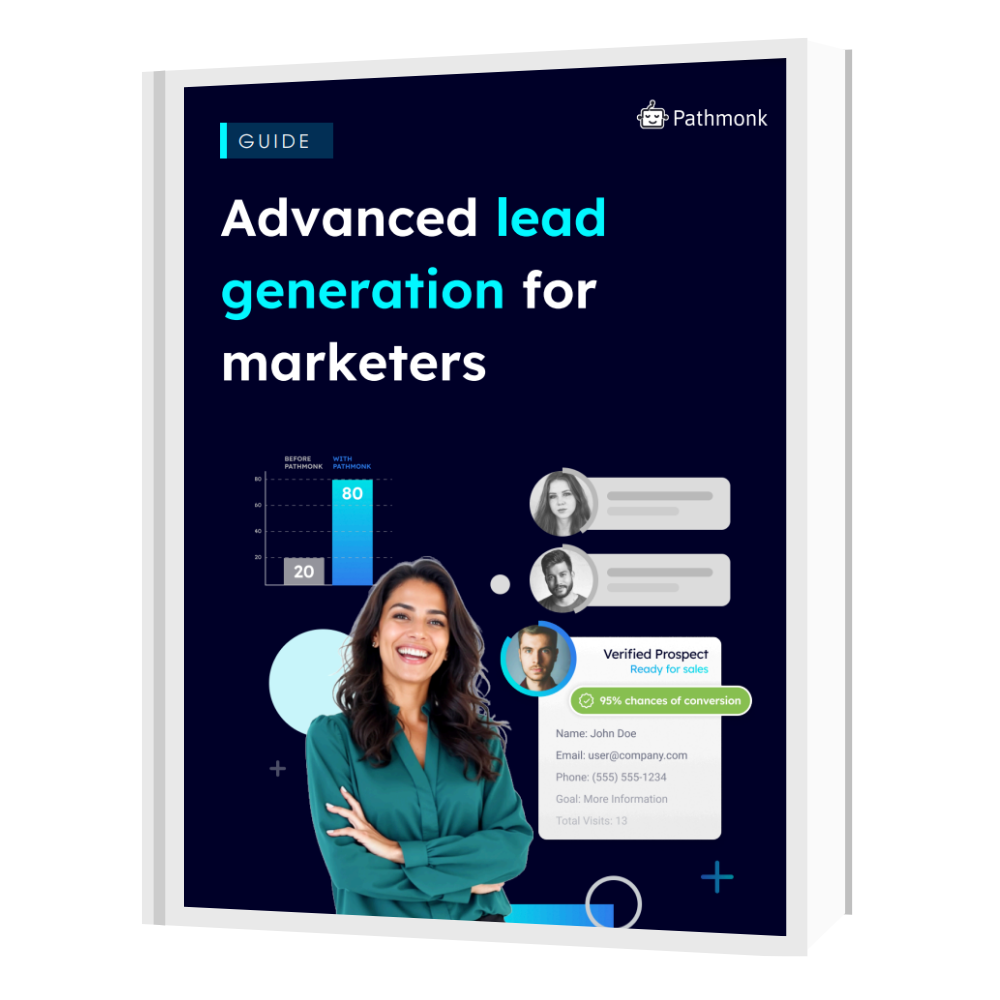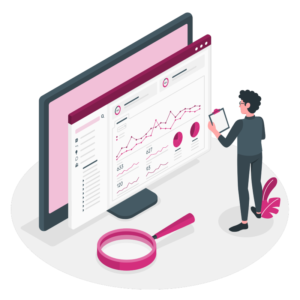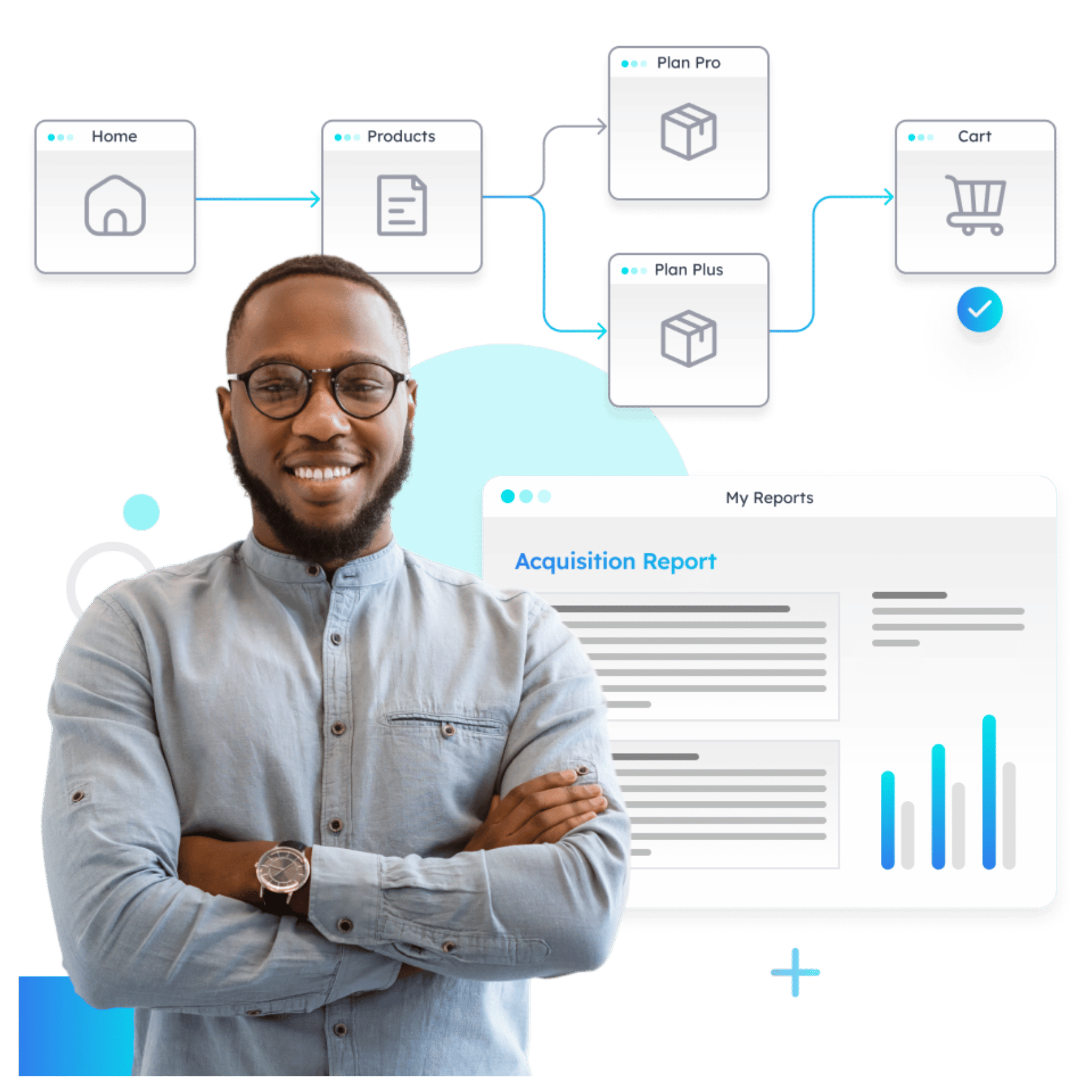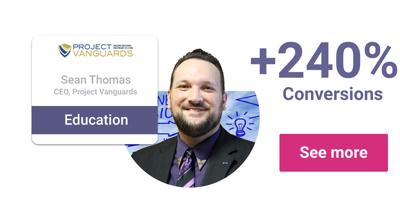
Companies have many leads that come through their systems. One of the best ways to improve business is to improve their lead qualification process. There are many strategies to doing lead qualification, but which is right for your company?
What is Lead Qualification?
Lead qualification is a process of looking at leads, or potential customers, and deciding which ones are worth pursuing. Each lead will come with markers that have shown the likelihood that the potential customer will convert into a paying customer.
Lead qualification is important because it helps your sales team focus their efforts on where they matter most. Many sales teams use tactics that bring in many potential customers, sometimes even thousands, to sift through. Knowing which leads will most likely convert to a paying customer can improve your profits as you identify them faster.
Marketing dollars and time are both equally valuable to a sales team. Knowing the right places to invest a budget and having leads become customers, or even long-term customers, will help bring in more money by investing in the right places.
Generate better leads to grow your sales
Discover new strategies to unlocking a flood of high-quality leads from your website.

Get Higher Value Leads
The first step to finding a higher quality lead is to establish what your ideal lead will look like. There are several ways that you can determine this customer, like looking at who your customers are and who you had in your mind as you were creating your product or service.
Who Did You Think Would be Your Customer?
Everyone designs their business with an ideal customer in mind. Some software companies are aiming to service smaller to mid-size businesses with their product. Someone with a cleaning business could have had an idea of either cleaning businesses or homes. Another company selling tactical gear would most likely think about the outdoorsmen or hunters in the country.
The point is, you had an ideal customer in mind when you first started your company. Chances are, you aimed your marketing efforts at that specific demographic or group. The software company may attend a certain business conference for start-ups, the cleaning business may have taken fliers around to the local businesses, and the tactical gear group perhaps attended an outdoor expo.
Look at your numbers and see how these specific marketing efforts have paid off. Did you get more sells from the expos or conventions? If so, you know that you are appealing to that demographic. This provides a great starting point to identify your customers.
Learn More About Your Customers
Looking at who is already buying your product or service shows who your company is appealing to. There are several ways to learn more about your customers and those who are visiting your website (whether or not they are buying). The first is to use software to get the metrics on your site visitors.
Software has evolved enough that the use of cookies, social media information, and other forms of information are available to companies. This helps you establish what the best age range, gender, income level, and locations of customers. Having this valuable information will help you focus on your marketing efforts because you know who your audience is and where to find them.
The second way to learn more about website visitors is having them fill out a form. There are many ways to do this, including asking for email addresses to send deals or giving a promo credit for filling out your survey. Social media is especially helpful with this since they know who is clicking your link. Google Analytics can also provide some great information on the ways people are finding and visiting your site.
How Lead Qualification Works
To start qualifying leads, it is a good idea to learn as much as possible about each one. All leads are entered into your sales funnel as you learn more and qualify them. Leaving behind a potential customer will feel like a bad thing to do, but remember, you are focusing on the best leads that are most likely to become a paying customer.
For lead qualification, there are several frameworks that sales teams can use to find the best leads. Here are three of the more popular lead qualification frameworks that companies use.
BANT: Budget, Authority, Need, Timing. Originally taught by IBM, this framework is still popular today. Some of the potential questions sales teams are trying to discover are,
- Does the lead have money in your budget for purchasing our product/service?
- Does the lead have the authority to make a purchasing decision?
- What needs and pain points do they have that will be better from the product/service?
- Is the timing right for making a purchase?
GPCTBA/C&I: Goals, Plans, Challenges, Timeline, Budget, Authority, Negative Consequences, and Positive Implications. Devised by Hubspot, this framework covers potential questions for problems, such as:
- What are your company’s specific goals?
- Do you have the right resources in place to implement this plan?
- How do you currently deal with these challenges?
- What is the timeline for implementing this plan?
- Is there something in your budget that is already trying to solve the problem?
- What concerns will those with the authoritative decision power have?
- What personal consequences or implications will change if hitting or not hitting your goal?
CHAMP: Challenges, Authority, Money, Prioritization. InsightSquared addresses needs and pains of a prospect with questions for each area, like:
- What challenges will be solved by using the product/service?
- Who has the authority to make the decision and can you talk to them?
- Is money available to purchase the product/service or is it a high enough priority that money would be found for it?
- How high of a priority is solving this problem to the company?
Each of these qualification frameworks is built for certain situations and has its benefits and drawbacks. One might address how many people are involved in the buying process while others may be better for smaller teams.
Sales teams are trained to notice certain behaviors, demographic information, and phrases that potential customers will use to identify answers to these questions. Each question does not have to be correct for the lead to be good. The beauty of using a framework though is that your company can decide how many criteria equal a qualified lead.
Whatever framework and criteria your company uses to qualify leads will help narrow your focus. Addressing the main points that show if a potential customer is likely to buy or not helps determine who is worth pursuing.

Why Qualification Matters
For those who have never done lead qualification, it may seem like a time-consuming process to put each lead through. As sales teams become more comfortable, they become more equipped at noticing who is ready to purchase and who is not.
- It speeds up your sales cycle. When there are too many leads to focus on at a time, sales teams are spread too thin. Budgets are hard to stick with when there are too many leads your teams are chasing down, hoping to make a sale. Once your teams become expert at identifying the best leads, they can speed up the sales funnel process and make more sales in less time.
- Better ROI. More sales generally means more money. The best part about identifying the best leads means that you know where to spend your marketing budget. Once you know where to spend your money, you waste less money on potential marketing avenues that do not bring in more money.
When the best leads are found, it helps your sales team improve their conversion rates. Overall, lead qualification makes a better use of your resources.
Now What?
If you are just learning how to set up lead qualification for your company, start small. Go with a basic framework, like BANT, to learn the basics. Use a marketing automation system to help input demographic information, behaviors, attributes, and other criteria to help create the perfect scoring system for your business.
Once you have leads that are qualified, they advance through the sales funnel. Nurture the relationships and spend more time getting to know the needs of your potential customer. Knowing that this lead has more potential to buy means that you can feel more comfortable investing the time and money into wooing them.
Lead qualification is the best way to make your company grow and become more profitable. Not taking advantage of every lead will feel discouraging at first, like you’re leaving money on the table. However, it is important to remember that quality is better than quantity in this case.
While lead qualification is not necessarily difficult, it is very important. There is no better way to save your company valuable resources and grow faster than to improve the sales process. Instead of only pushing your sales team to work harder, help them to work smarter with lead qualification framework and software tools.
If you need help with your lead qualification, try the Pathmonk’s website extension to automatically qualify leads as they come in.
Understand how your prospects behave (in real time)
- Visualize how visitors move across your website
- Identify drop-offs and friction points instantly
- Turn journey data into actionable insights with AI


